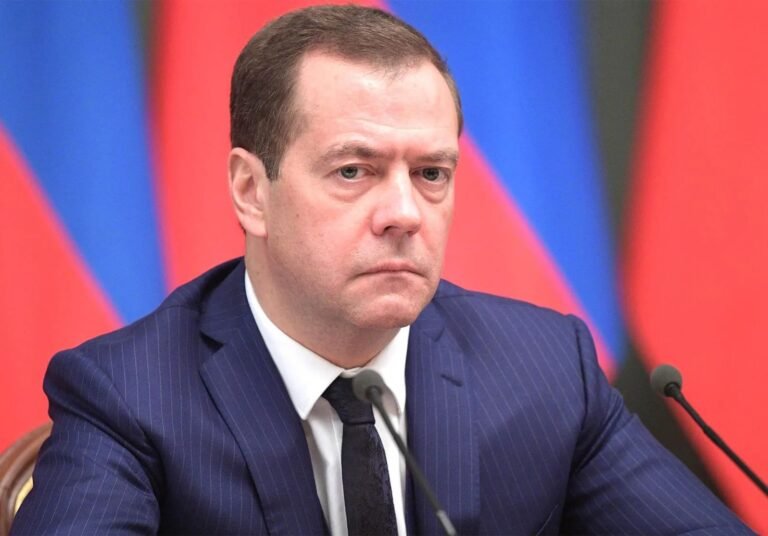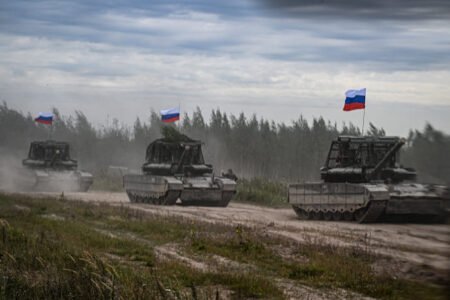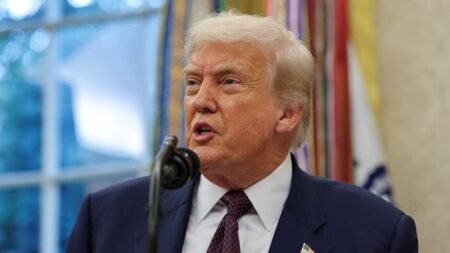Russian President Dmitry Medvedev has been a significant figure in Russia’s political landscape for over two decades. Born on September 14, 1965, in Leningrad, now known as Saint Petersburg, Medvedev pursued a career in law before entering politics. He graduated from Leningrad State University with a law degree in 1987 and initially worked in legal and academic fields. His rise to prominence began through his association with Vladimir Putin during the early 2000s when Putin was the mayor of Saint Petersburg and later the President of Russia. Medvedev’s close political relationship with Putin has defined much of his career.
Medvedev served as the third President of Russia from 2008 to 2012. His presidency was notable for efforts to modernize the Russian economy and society. He advocated for technological innovation, anti-corruption measures, and legal reforms aimed at improving governance in the country. During his time in office, Medvedev sought to improve Russia’s relations with the West, especially the United States, marking a period often referred to as the “Reset” in U.S.-Russia ties. One of the key achievements during this period was the signing of the New START treaty, which aimed at reducing the number of nuclear weapons held by both nations.
Despite these initiatives, Medvedev’s presidency was seen by many analysts as closely aligned with Putin’s political agenda. Putin, who had served two presidential terms before Medvedev, took on the role of Prime Minister during Medvedev’s presidency. This arrangement led many observers to view Medvedev as a placeholder president, with Putin retaining significant influence behind the scenes. Nonetheless, Medvedev made efforts to present a somewhat more liberal and reformist image than Putin.
In 2012, Medvedev stepped down from the presidency and returned to the position of Prime Minister, serving until 2020. This shift coincided with Putin’s return to the presidency. As Prime Minister, Medvedev continued to support policies aimed at economic development and modernization. However, his tenure was marked by challenges including economic sanctions imposed by Western countries following Russia’s actions in Ukraine and ongoing internal economic difficulties.
Since January 2020, Dmitry Medvedev has held the position of Deputy Chairman of Russia’s Security Council, a powerful advisory body responsible for national security and defense matters. In this role, Medvedev has become a vocal commentator on issues of Russian security policy and international affairs. His statements often reflect a more assertive and nationalist stance, highlighting perceived threats from Western countries and emphasizing Russia’s right to defend its interests.
Medvedev’s political views have evolved over time, reflecting the changing dynamics within Russia’s leadership. While initially viewed as a liberal technocrat interested in modernization and reform, recent years have seen him adopt a more conservative and nationalist tone, particularly in foreign policy matters. His loyalty to Putin and the ruling United Russia party remains unwavering, and he is considered a key figure in maintaining the continuity of Russia’s current political course.
Aside from his political career, Medvedev has a personal interest in culture and education, often promoting initiatives in these areas. He is married to Svetlana Medvedeva, with whom he has one son. Known for his intellectual pursuits, Medvedev enjoys literature and chess, reflecting a more academic side of the politician.
In the current geopolitical environment, Dmitry Medvedev’s role is significant as tensions between Russia and Western countries continue to escalate. He frequently uses social media and public platforms to issue statements that criticize Western policies and warn of the consequences of international pressure on Russia. His recent comments on conflicts in the Middle East, NATO activities, and nuclear issues demonstrate his influence in shaping public perceptions and government policy.
Medvedev’s career highlights the complexities of Russian politics, where formal titles often mask deeper power dynamics. His presidency, prime ministership, and current advisory role reveal a figure who has adapted to Russia’s evolving political landscape while maintaining close ties to Vladimir Putin. As Deputy Chairman of the Security Council, Medvedev remains at the center of Russia’s strategic decision-making, particularly concerning security and defense matters.
His impact on Russia’s modernization efforts, legal reforms, and foreign relations continues to be felt, even as his more recent nationalist rhetoric signals a shift toward a harder line in international affairs. Medvedev’s trajectory illustrates the blend of reformist aspirations and pragmatic loyalty that characterizes much of Russia’s leadership under Putin’s long tenure.







